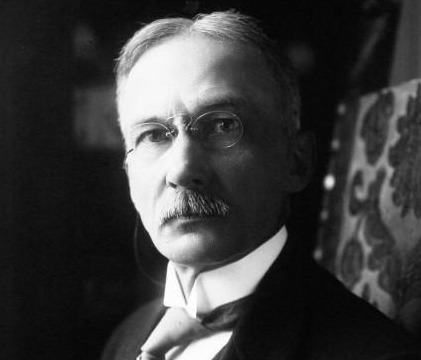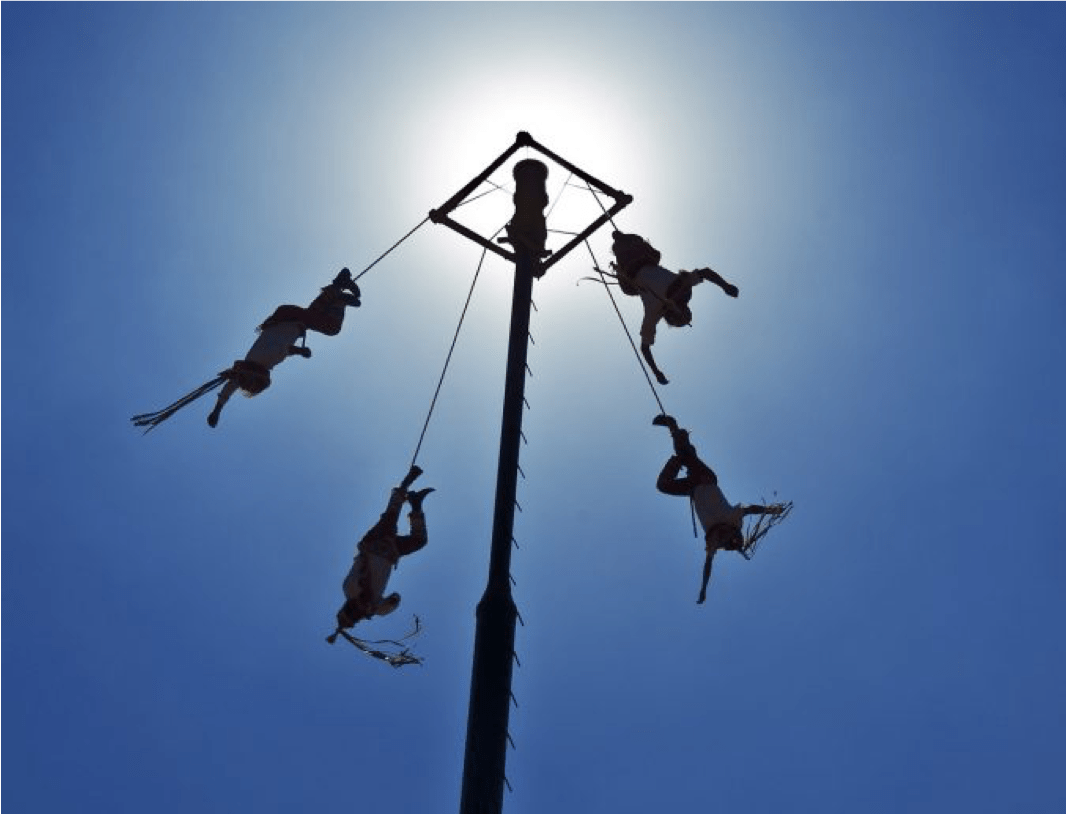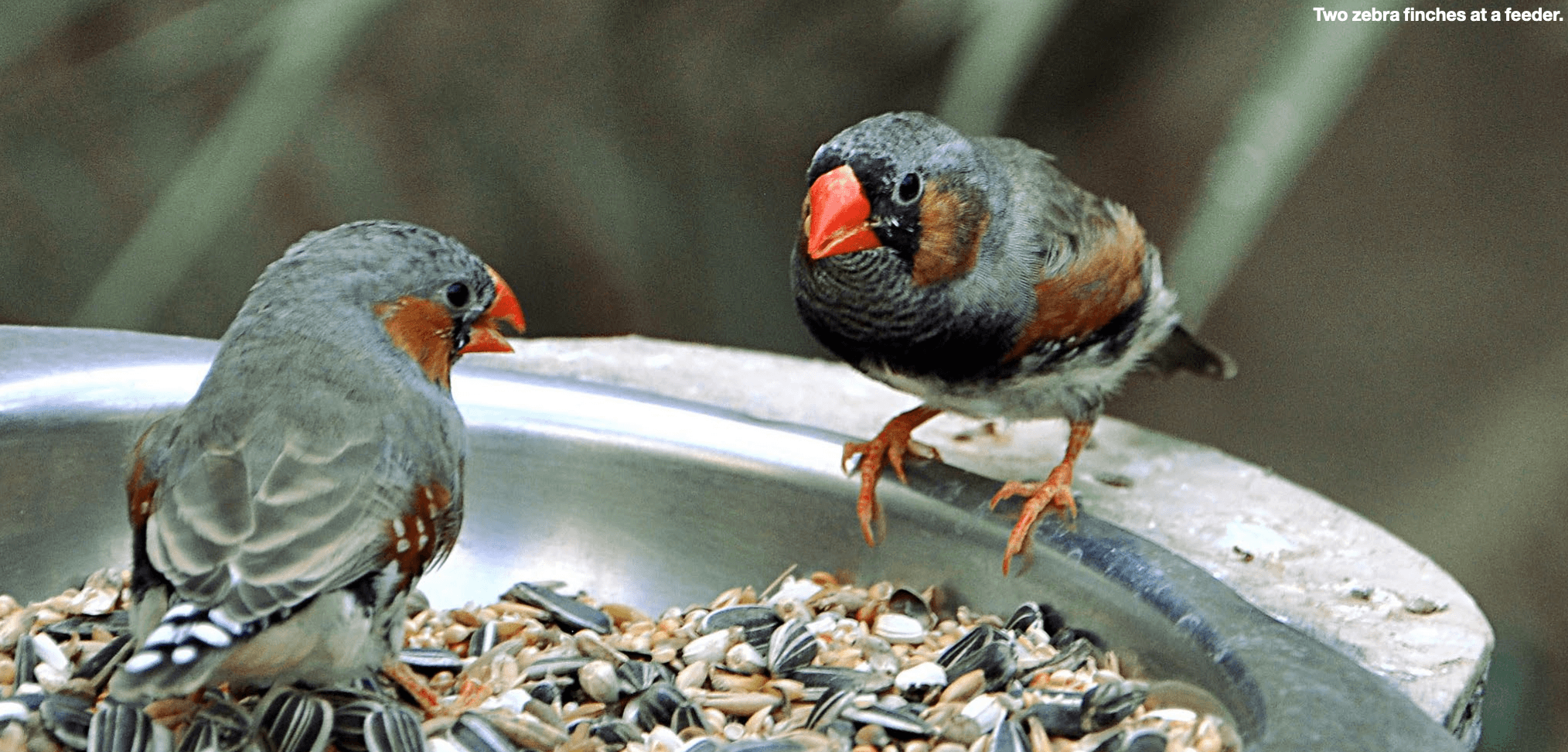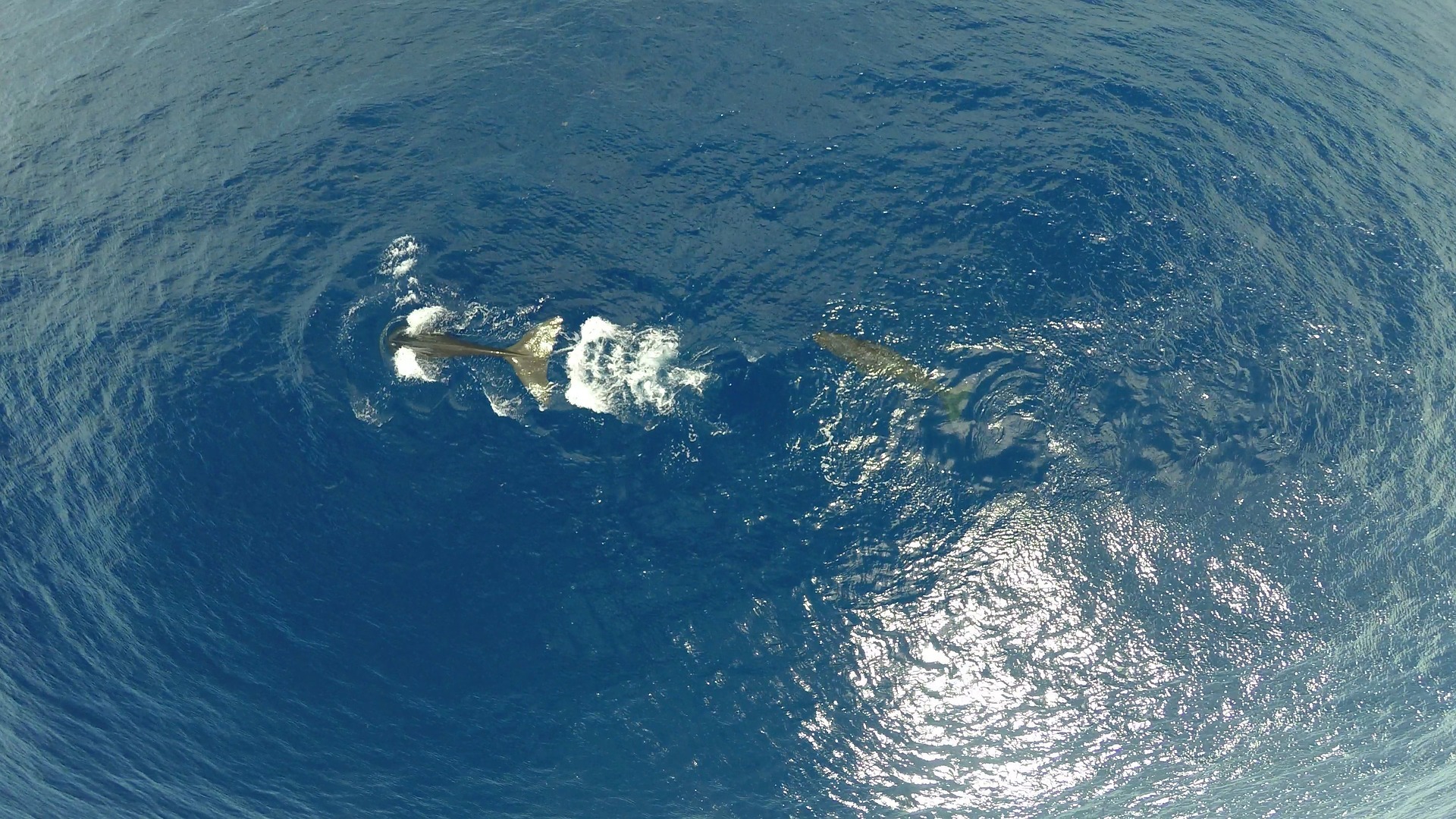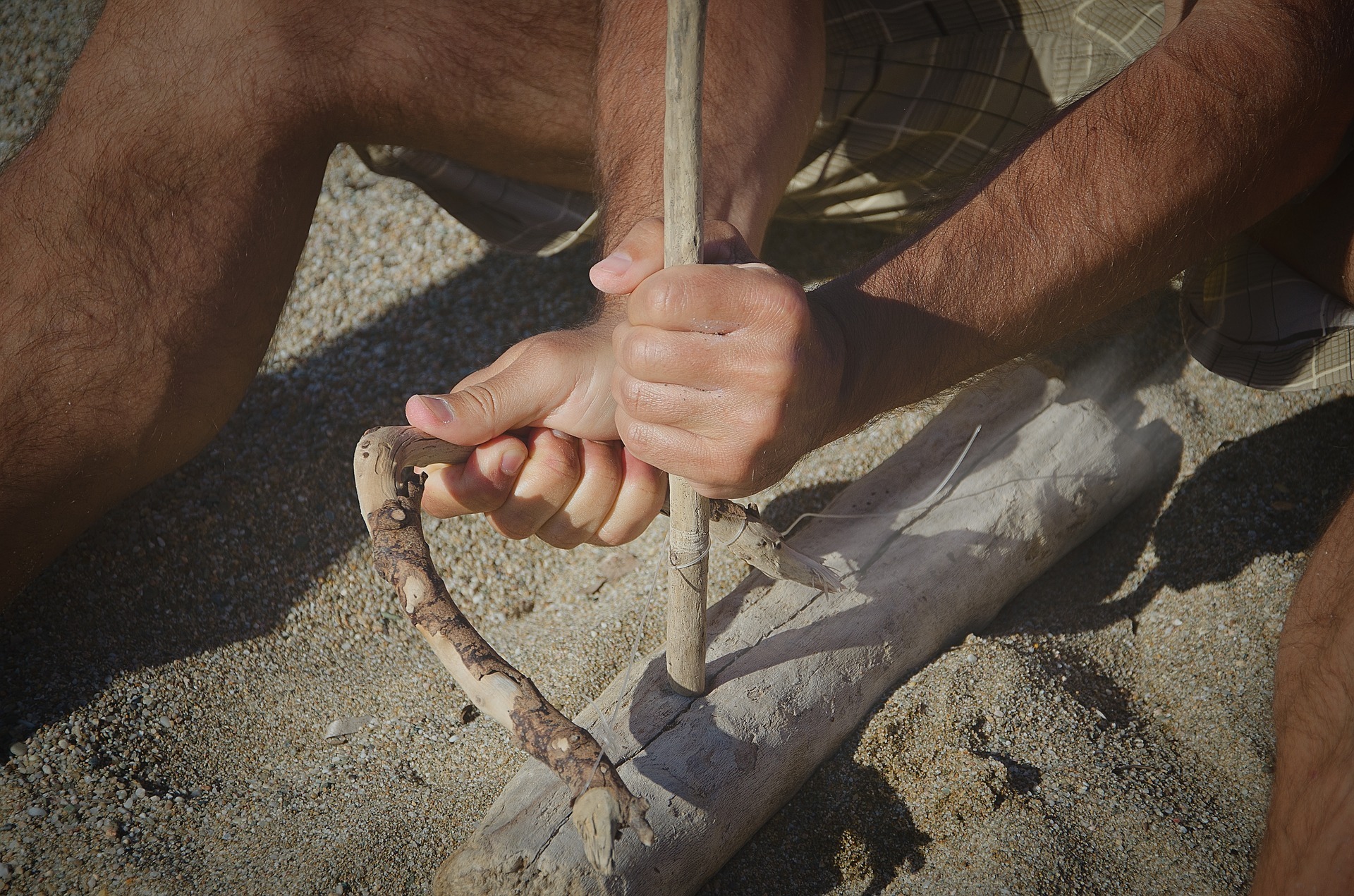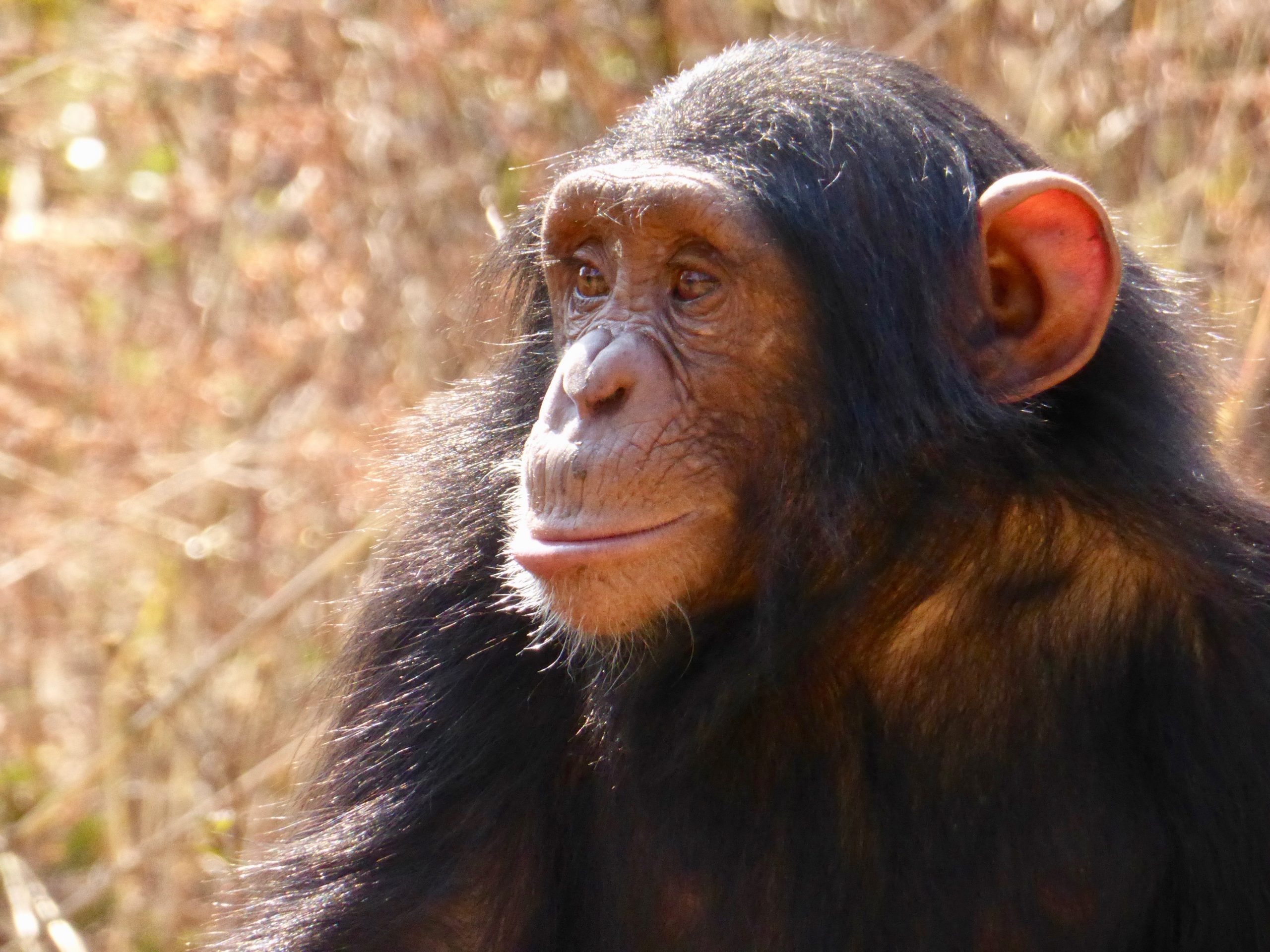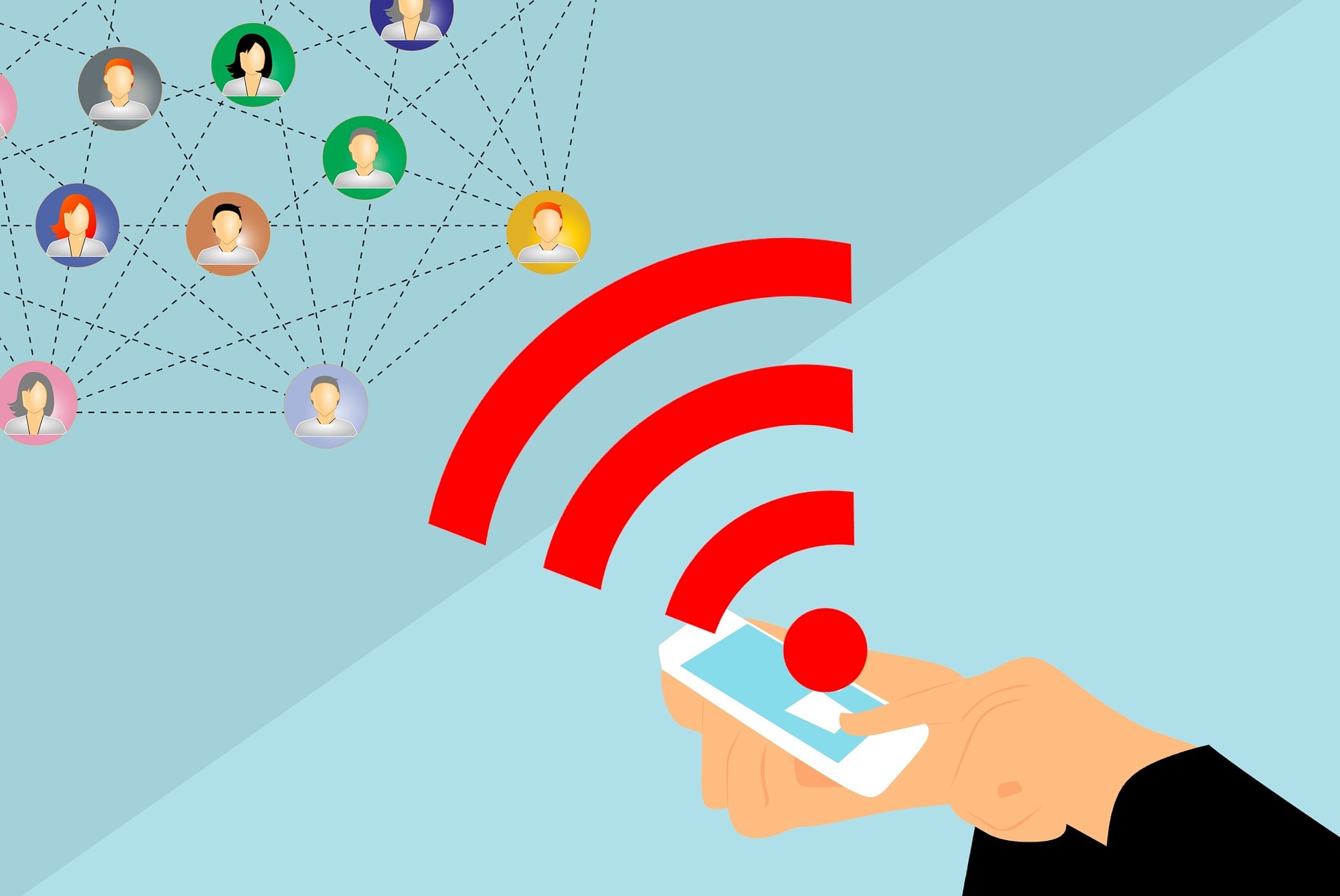The Baldwin Effect, Genetic Assimilation and Social Learning
In 1896, the idea that learning can influence the evolutionary process was proposed by both Baldwin [1] (published in Nature Magazine) and Lloyd-Morgan [2] (published in Science Magazine), this was later named “The Baldwin Effect” by George Simpson in 1953 […]
